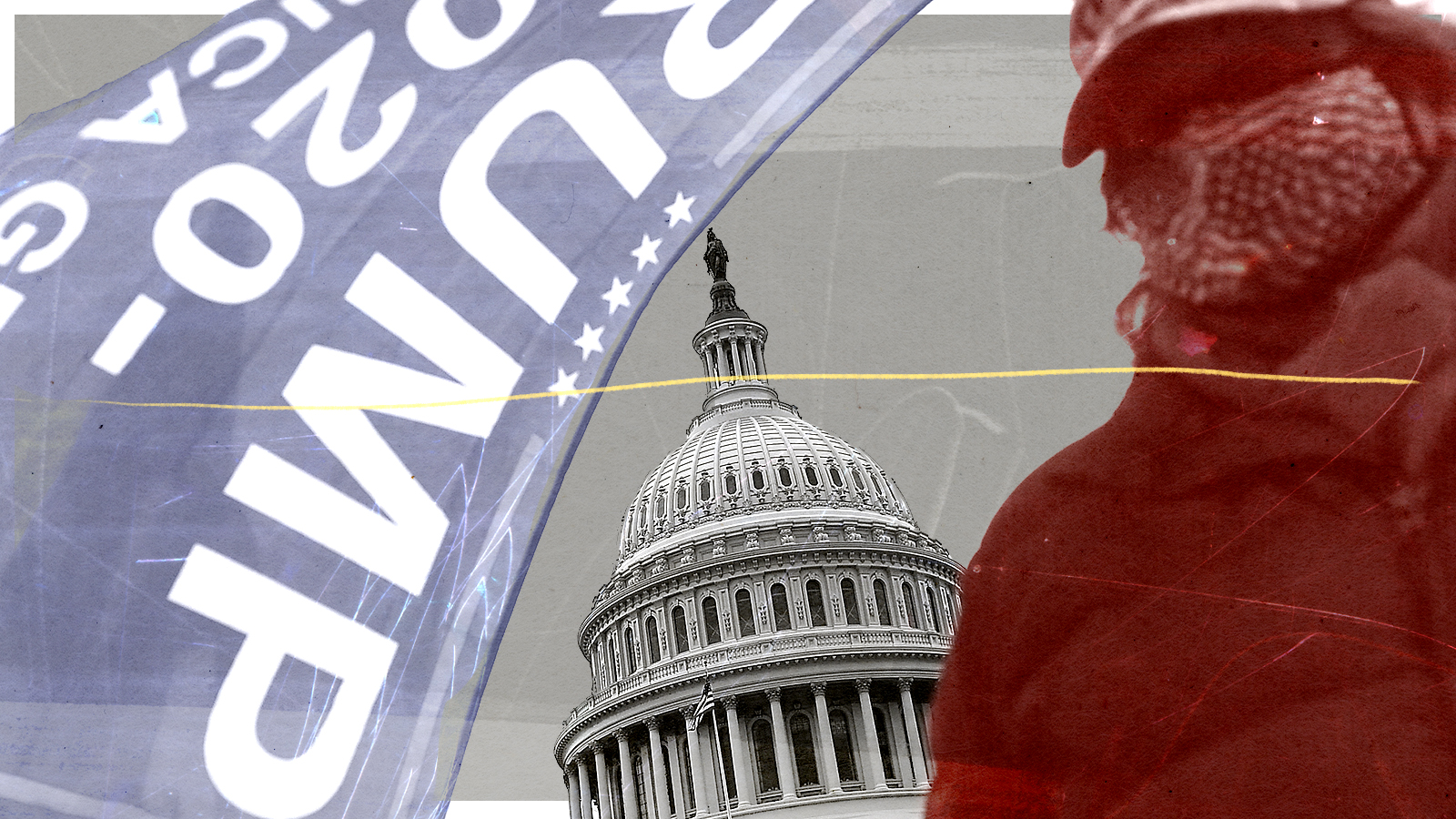Josh Hawley's good idea to stop modern slavery


A free daily email with the biggest news stories of the day – and the best features from TheWeek.com
You are now subscribed
Your newsletter sign-up was successful
The reality of modern slavery and its role in nearly every consumer good purchased by the American people is as undeniable as it is difficult to extricate from global supply chains. If you own any cotton garment, for example, there is a 20 percent chance that it is sourced from Xinjiang in China, the "autonomous region" in which more than a million Uighur Muslims are subject to forced labor and other horrors.
A recent piece of legislation introduced by Sen. Josh Hawley would help to change this. The bill presented by the Missouri Republican would among other things require companies to certify that slave labor is not present at any point along their supply chains and implement a detailed auditing process that would include interviews with management and labor and independent review of documents. It would also institute severe penalties, with amounts as high as $500 million, for noncompliance.
This seems like a no-brainer, right? Alas, not all economists agree. In a piece for Bloomberg, George Mason University's Tyler Cowen argues that, in fact, requiring American companies not to employ slaves is a bad idea because it will make products ranging from texiles to food more expensive: "[R]ather than buying shrimp from Southeast Asia," he writes, "a retailer might place an order for more salmon from Norway, where it is quite sure there is no slavery going on ... The losers will be U.S. consumers, who will face higher prices and less choice."
The Week
Escape your echo chamber. Get the facts behind the news, plus analysis from multiple perspectives.

Sign up for The Week's Free Newsletters
From our morning news briefing to a weekly Good News Newsletter, get the best of The Week delivered directly to your inbox.
From our morning news briefing to a weekly Good News Newsletter, get the best of The Week delivered directly to your inbox.
Who would have thought that it costs more to buy something when it is produced by someone who works in humane conditions for a living wage? The next thing we're going to hear is that not being allowed to pollute our rivers and streams places an undue burden on our already-struggling multinational corporations.
There is a reason we call economics the dismal science.
A free daily email with the biggest news stories of the day – and the best features from TheWeek.com
Matthew Walther is a national correspondent at The Week. His work has also appeared in First Things, The Spectator of London, The Catholic Herald, National Review, and other publications. He is currently writing a biography of the Rev. Montague Summers. He is also a Robert Novak Journalism Fellow.
-
 How the FCC’s ‘equal time’ rule works
How the FCC’s ‘equal time’ rule worksIn the Spotlight The law is at the heart of the Colbert-CBS conflict
-
 What is the endgame in the DHS shutdown?
What is the endgame in the DHS shutdown?Today’s Big Question Democrats want to rein in ICE’s immigration crackdown
-
 ‘Poor time management isn’t just an inconvenience’
‘Poor time management isn’t just an inconvenience’Instant Opinion Opinion, comment and editorials of the day
-
 The dangerous vigilantism that fueled Jan. 6
The dangerous vigilantism that fueled Jan. 6Talking Point
-
 The real reason the Pentagon is sounding the alarm over China's hypersonic missile
The real reason the Pentagon is sounding the alarm over China's hypersonic missileTalking Point
-
 China's ominous incursions over Taiwan
China's ominous incursions over TaiwanTalking Point
-
 Is Bibi-ism possible without Bibi?
Is Bibi-ism possible without Bibi?Talking Point
-
 The Derek Chauvin solitary confinement predicament
The Derek Chauvin solitary confinement predicamentfeature
-
 Keith Ellison's strategy in the Derek Chauvin trial paid off
Keith Ellison's strategy in the Derek Chauvin trial paid offfeature
-
 Injustice for everyone?
Injustice for everyone?feature
-
 If Andrew Cuomo won't resign, he must be impeached
If Andrew Cuomo won't resign, he must be impeachedfeature
